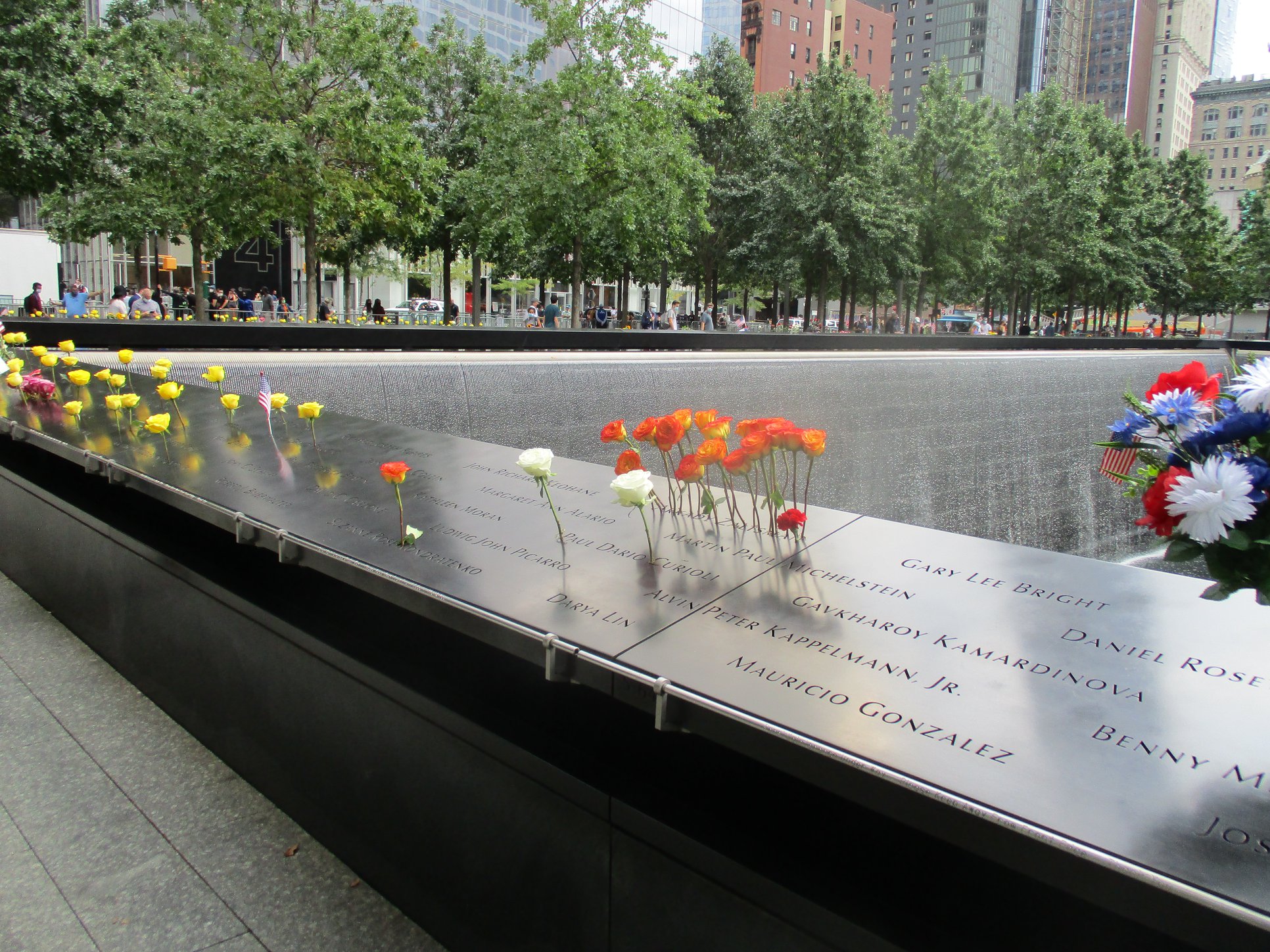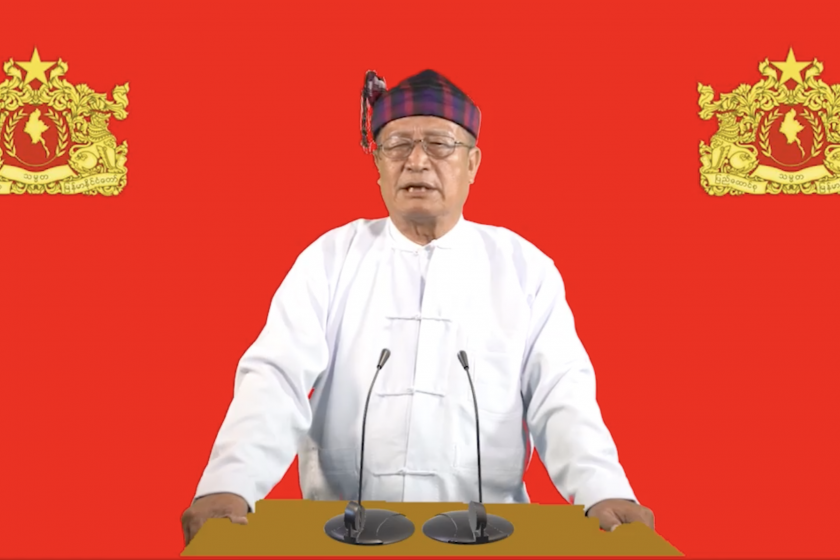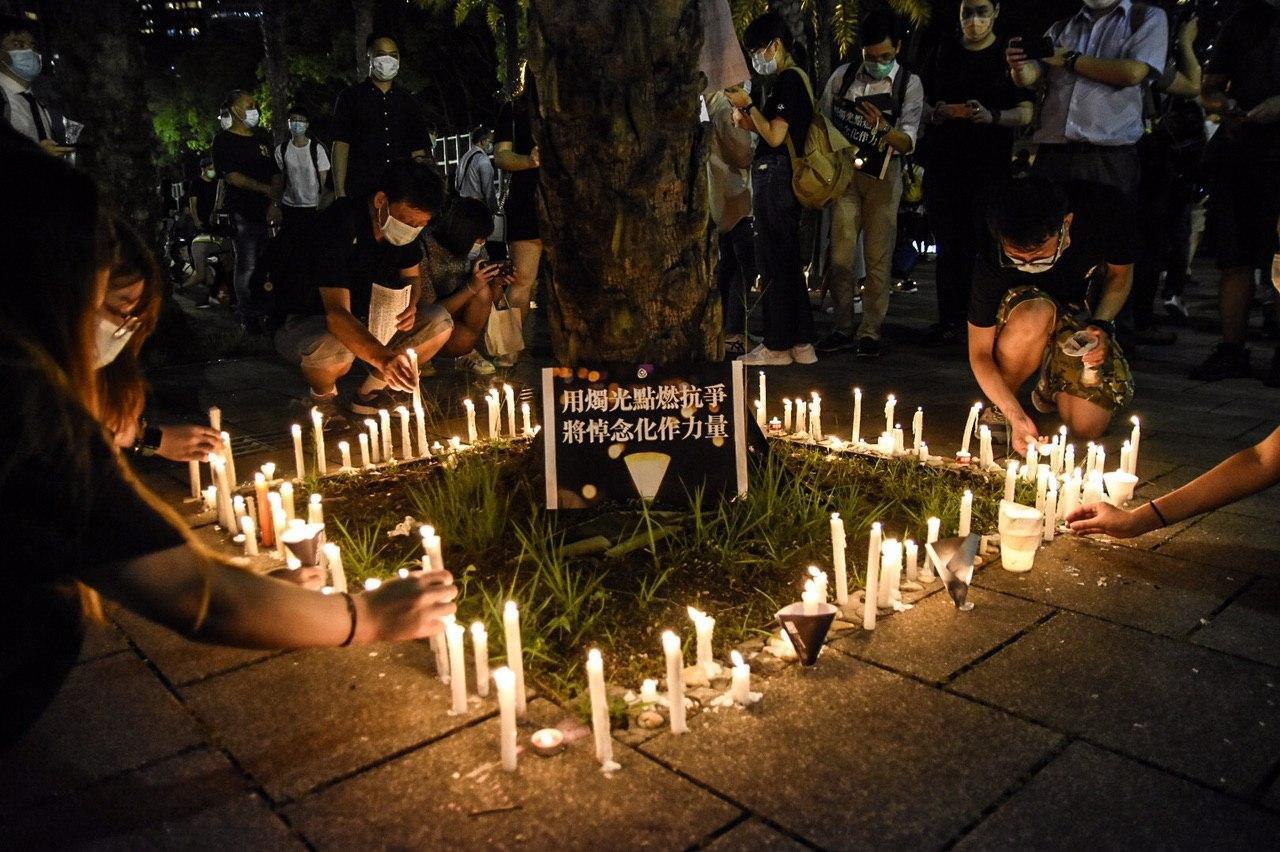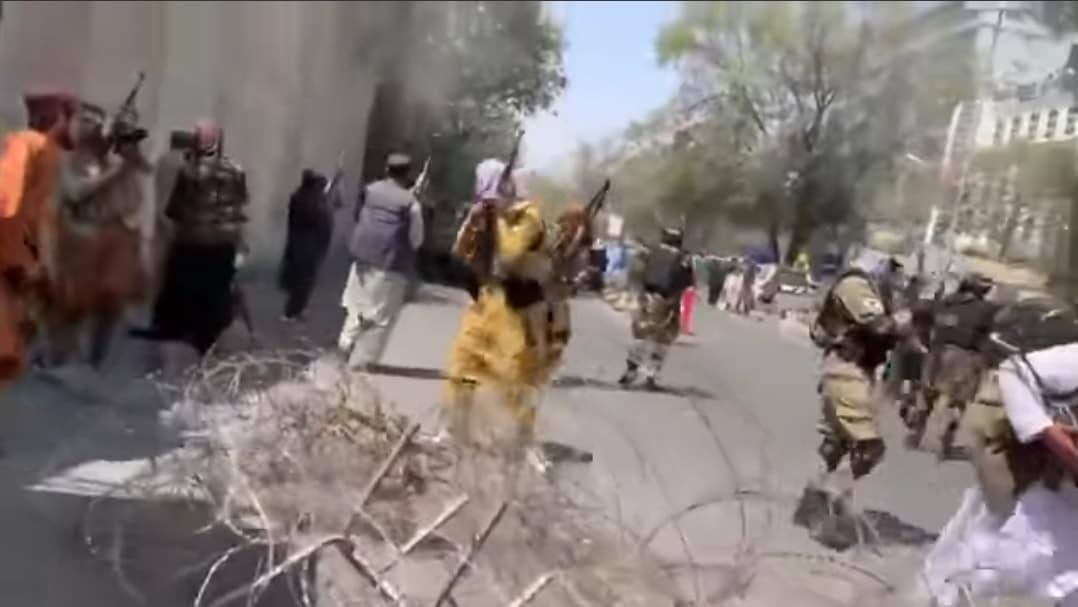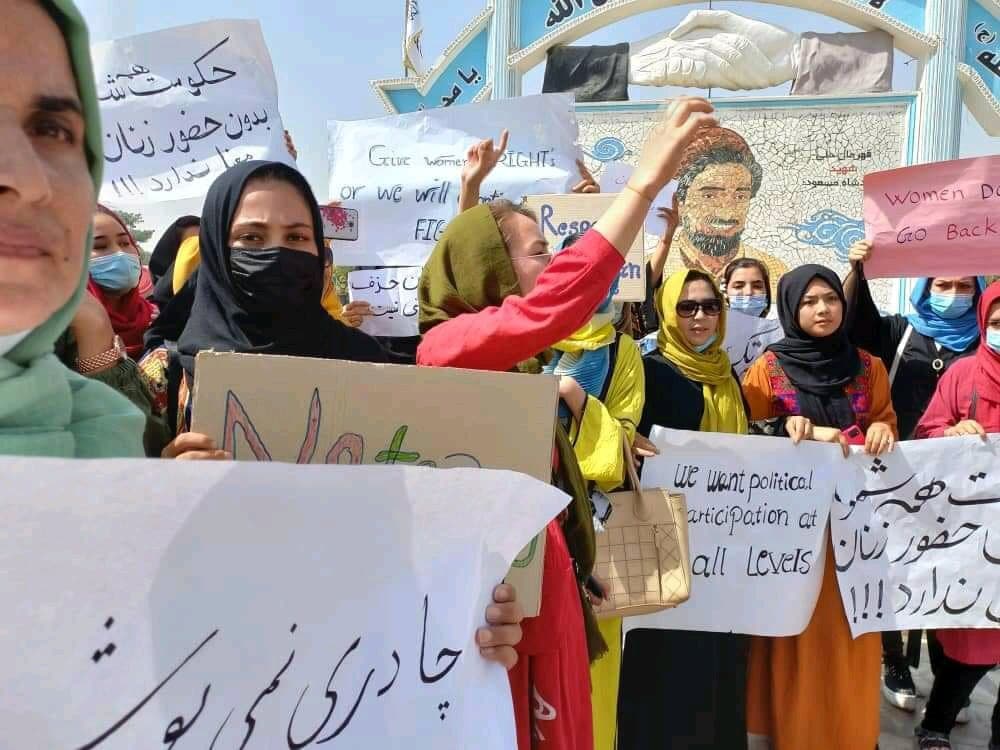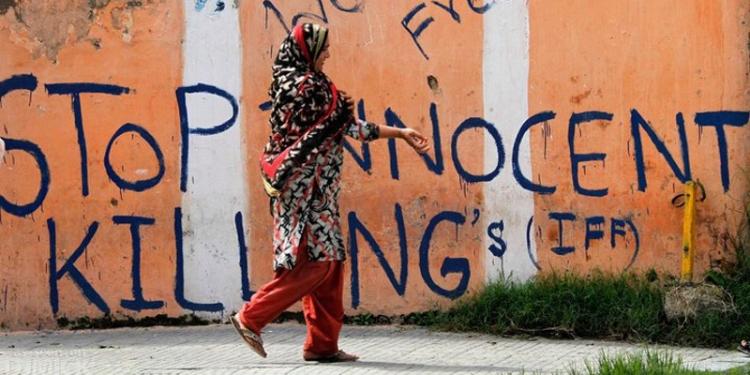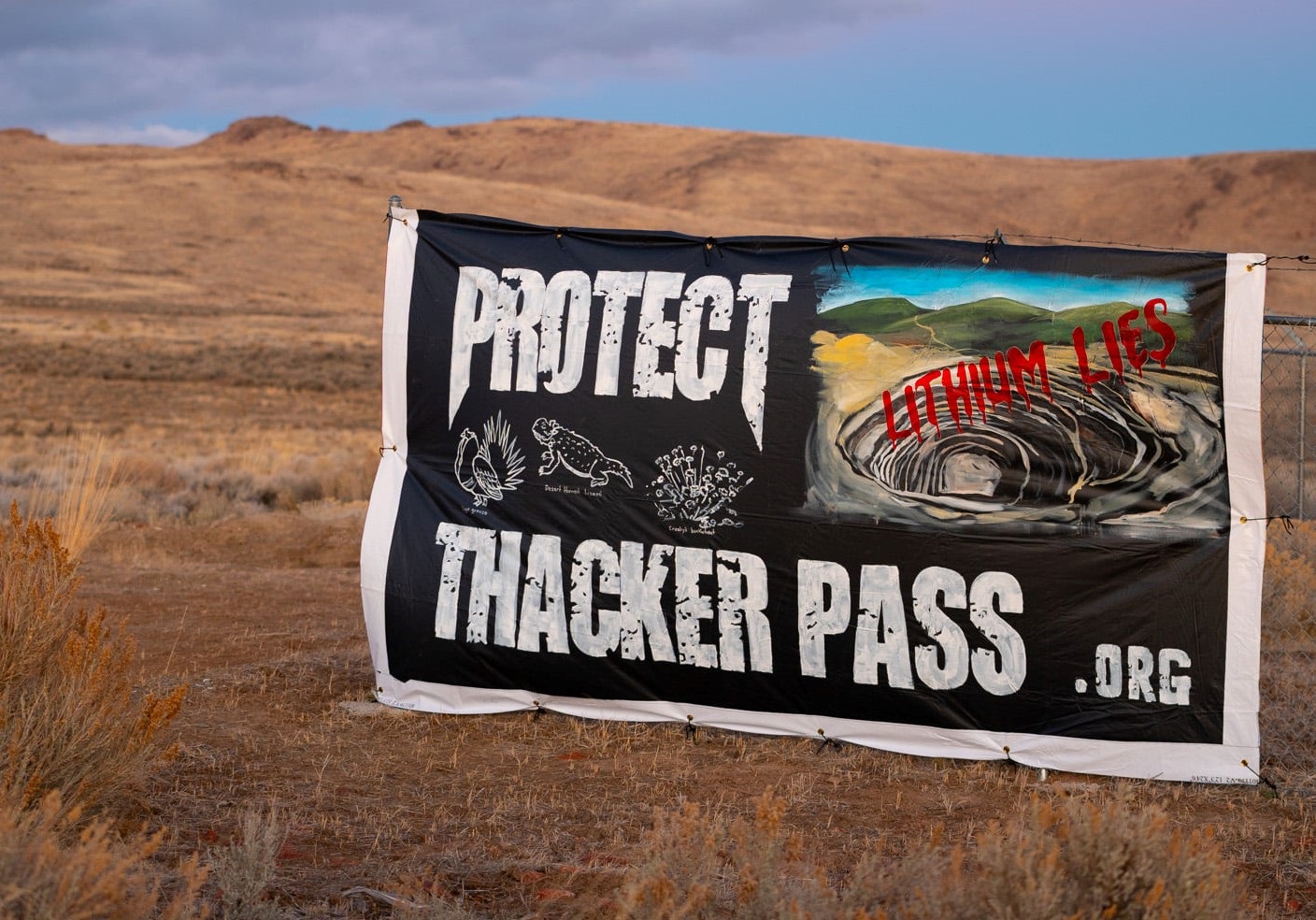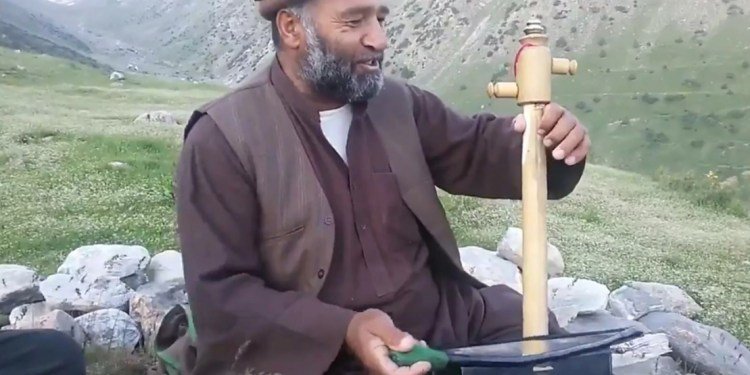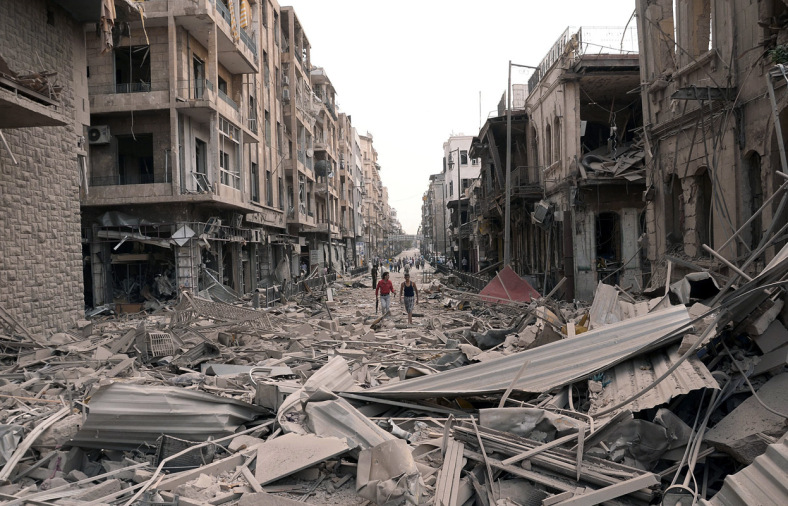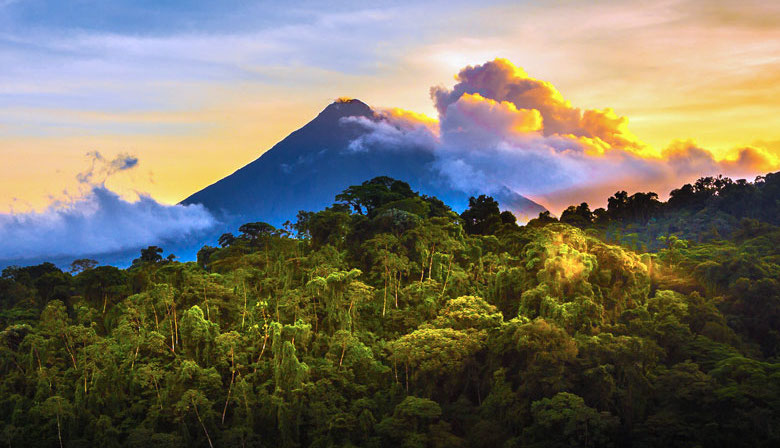
Denmark, Costa Rica to launch no-fossil-fuel bloc
Denmark and Costa Rica jointly announced that they are launching an alliance of nations committed to setting a firm date to completely phase out use and production of fossil fuels. The two countries hope to present the initiative, tentatively dubbed the Beyond Oil & Gas Alliance (BOGA), at the upcoming UN climate summit in Glasgow. Nearly 60 countries have made some sort of net zero emissions pledge, but only a handful of those have actually set a target in law or enacted bans on new fossil fuel exploration and production. An International Energy Agency report released earlier this year found that new fossil fuel exploration needs to halt by 2022 in order to keep warming within the limits set by the 2015 Paris Agreement. (Photo: Flickr/photodiscoveries via weather2travel.com)



